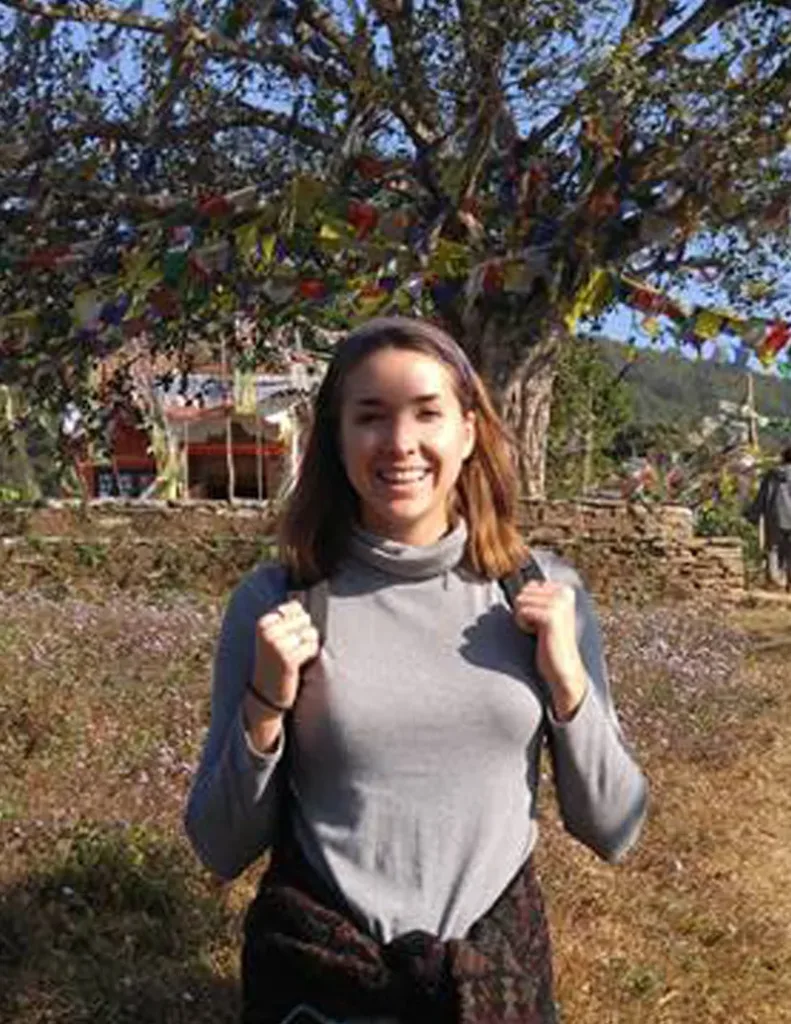
By: Sophia Graybill
It Starts with Us
“Many of you want to be coral scientists, but you might want to reconsider that.”
Cut to our Marine Ecology professor clicking out of her climate change Powerpoint and onto https://climateclock.net/, a website none of us had ever heard of. There, in bold white letters: a countdown until we reach the “unsafe threshold” of global warming. As the numbers kept ticking down, it clicked in all of our brains: we need to act radically, together, and fast.
SFS promotes learning in a revolutionary way: through doing. And we’ve finally started my favorite part: Directed Research. Each student has chosen a research project aligned with their interests and ongoing faculty projects, and data collection is in full swing. All of our projects are unique, with focuses on controlling invasive species, filling governmental data gaps, identifying uses and consequences of algal blooms, analyzing coral reef accretion, understanding fish behavior, monitoring human impacts, examining a fishing myth, and tracking a new coral disease. We have done so much, and we have struggled and succeeded together – which is the best part of SFS.
We, as a planet, are on the verge of something bigger than ourselves. In a time of apathy, there is a crisis that calls for the global community to act. To have students with drastically different backgrounds, thoughts, and beliefs be connected by the realization that the Earth is special, is a rare but amazing environment to be in. It has shown me that change can be global. If we move past what differentiates us, we begin to realize that we have so much in common, including something worth saving. Studying the Earth to the point of understanding is the key to saving it. Once we know this, and commit ourselves to this cause, we can truly change the world. It all starts now, and it starts with us.
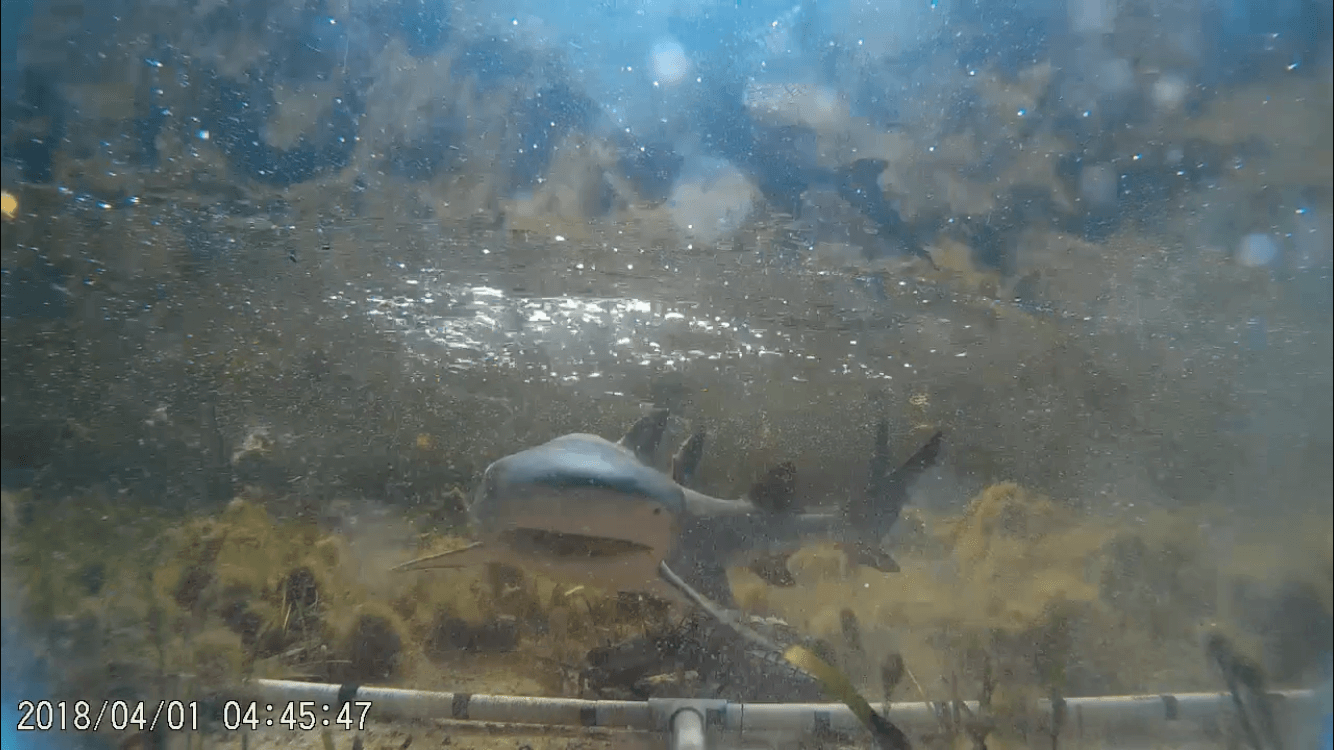
A juvenile shark in the mangroves for the Mangrove DR. Photo courtesy of Jackie Fahrenholz
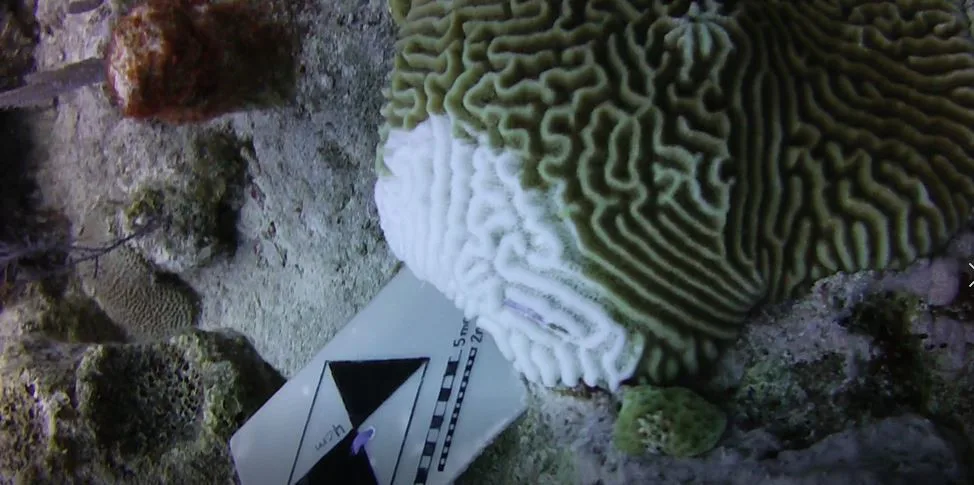
Stony Coral Tissue Loss Disease (SCTLD) for the SCTLD DR
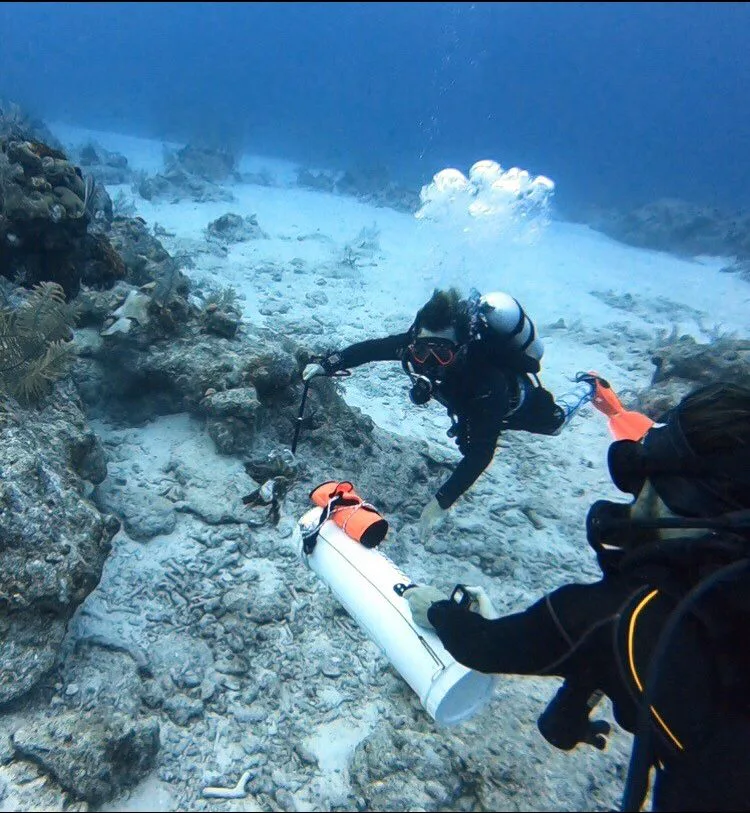
An invasive lionfish being speared for the Lionfish DR. Photo courtesy of Julia Locke
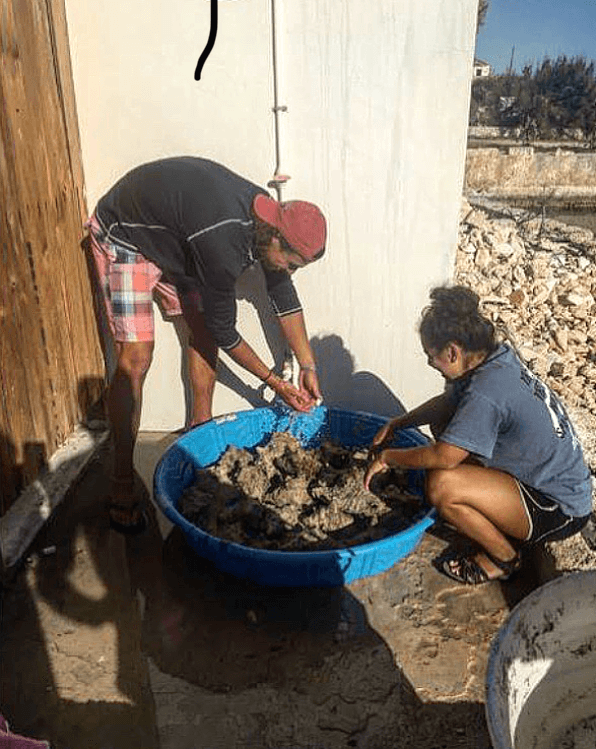
24 live conch gathered before “knocking” for the Midden Myth. Photo courtesy of Courtney Pickett
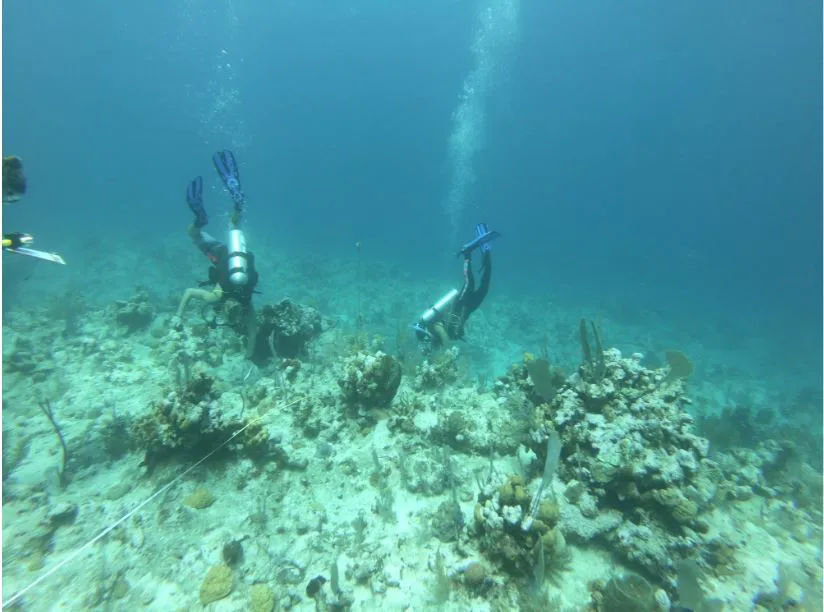
Two SCTLD monitors for the Coral Health DR. Photo courtesy of Heidi Hertler
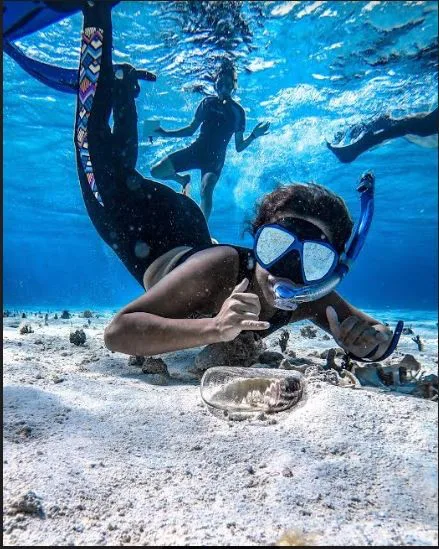
An octopus in a glass bottle. Photo courtesy of John DeBuysser
Related Posts

Restoration on a Cinder Cone: A Syntropic Story

